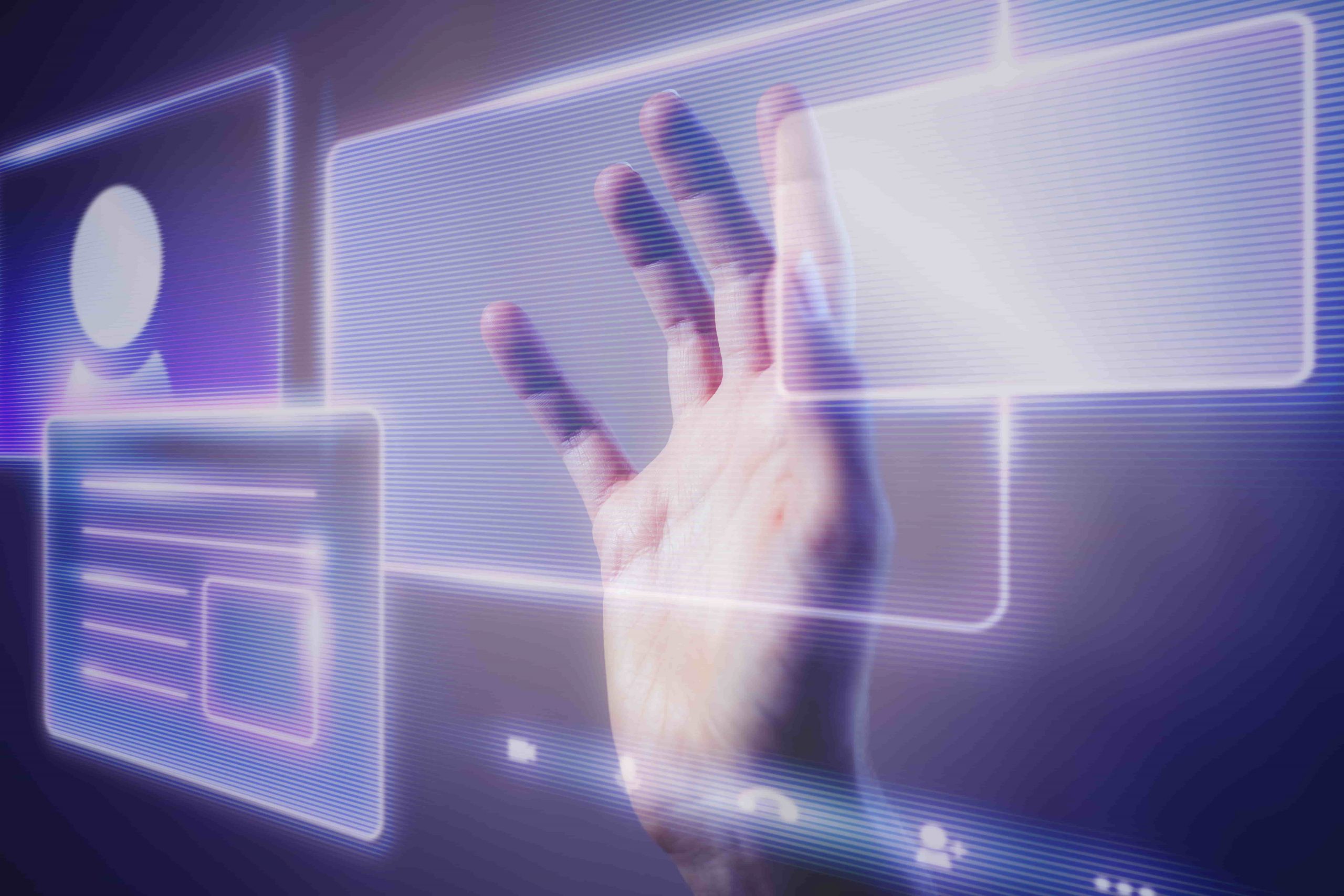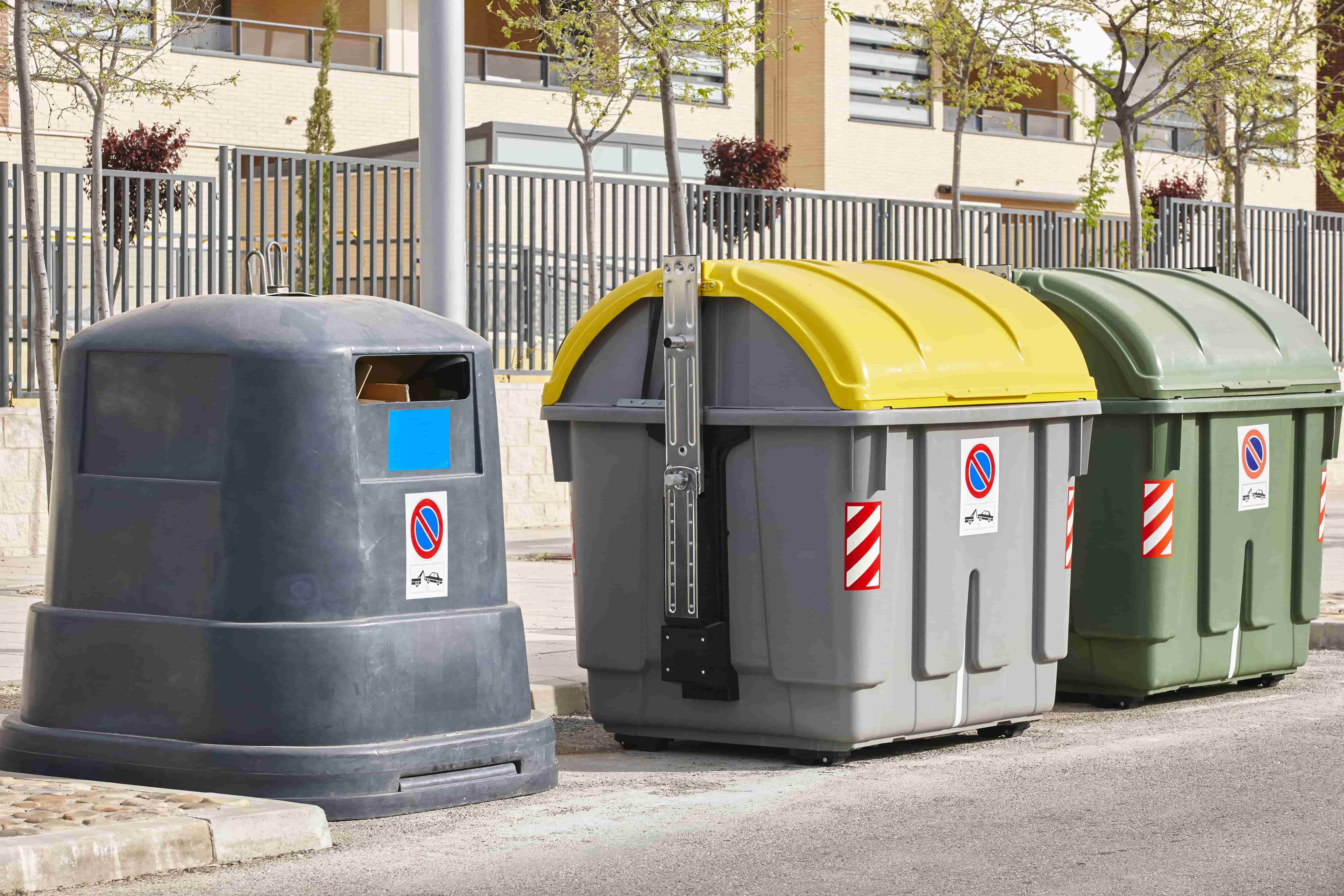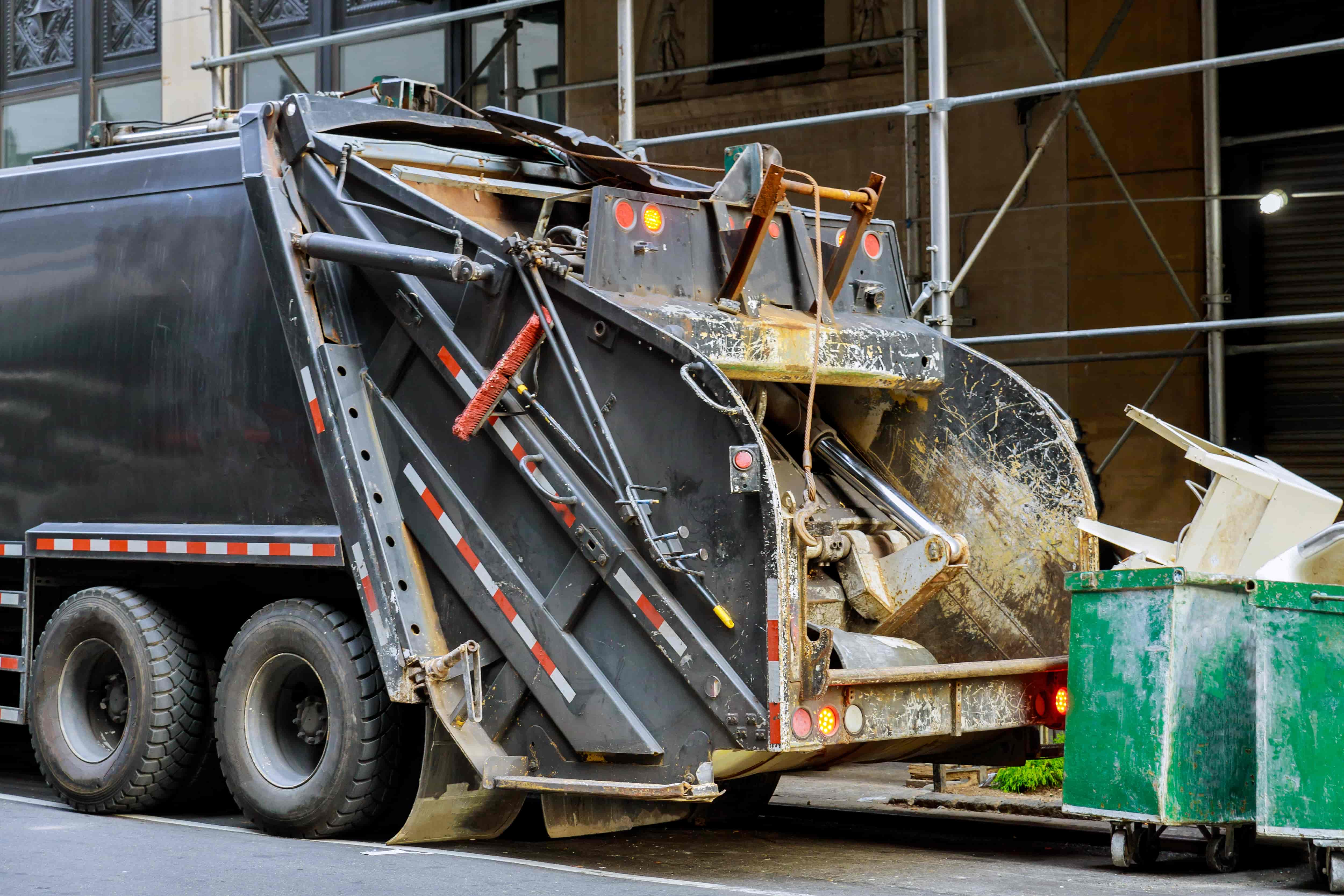Waste & material traceability solution for sustainable facilities

We live in an on-growing world of technology. All kinds of markets, businesses, and business owners are affected by Industry 4.0 developments. While sectors are growing, the need for advanced technology is increasing rapidly. Especially in the waste management industry, Internet of Things (IoT) technology is making its way to the top. Think about it this way, IoT appears everywhere, from household appliances we use daily to industrial vehicles. This diversity has led to revolutionary changes in the waste management industry, dealing with the waste of many different types and areas.
However, waste management is still carried out with traditional methods in most places. On the other hand, municipalities, recycling centers, MRFs, and other waste management businesses using IoT are already reaping the fruits of technology. Municipalities, recycling centers, and other waste management businesses have started using IoT technology during operations. Keep reading to discover how IoT is a part of intelligent waste management solutions for a better future!
Revolutionizing the 21st century, the Internet of Things or IoT technology is an internet-based ecosystem that uses embedded systems to help collect, send, and analyze data of related environments with sensors, processors, or communication hardware. People can interact with the devices, but there is no need for human intervention most of the time. IoT devices share the data through an IoT gateway or another device to a cloud-based system or local analysis. Basically, the Internet of Things solutions:
Now, anyone can connect all everyday objects to the internet via embedded devices and explain the network of devices! This way, humanity can achieve seamless communication between people, processes, and objects. As such, it is predicted that the number of IoT devices will reach 22 billion in 2025! But what is an IoT device? Here are some exciting examples of IoT supported technologies:

Our waste generation is constantly growing to form a global garbage crisis. Even though we compromise on creating a more sustainable and green world with 2050 climate targets before too late, we still fail to recycle or handle our waste generation. Combining technology support with a vision of social, economic and environmental sustainability is the only way out of this problem.
Solutions for smart cities, of course, go through IoT technology, making it easier for us to perceive objects and communicate. From day to day, countries, regions, cities, and municipalities embrace the ‘’smart’’ systems and solutions in their operations. Accordingly, key waste management players are already operating with digitized solutions. So, IoT technology is a crucial step to embed in your operations.
IoT-based waste management for smart cities has various examples around the world. These systems not only offer optimization for your operational plans but can also help reduce extra spending and ensure a more intelligent budget. In addition, they set an example for eco-friendly waste management, and the new resources created by advanced recycling practices make an important contribution to the circular economy. Overall, smart waste management using IoT can catch:
Let’s give some examples of how smart waste management IoT relationship can restructure your business.
Waste bins are one of the essential components of waste management operations because they start the cycle of waste operations. IoT-based smart sensors help you utilize smart bin sensor technology from the beginning.
One of the best types of smart bin sensors, the Fill Level Sensor, supported by IoT technology, you can:
This way, you can reduce the number of missing containers with location tracking and reach advanced inventory management. Monitoring the temperatures will help prevent unwanted accidents like explosions and fires. Viewing the fullness levels will be one of the critical components of multi stop route optimization system.
Dumpster rental technology is an excellent example of an IoT-based waste management solution. Similar to smart bin sensors, it can use a sensor system to track and plan the special and mostly on-demand garbage collection operations,

With IoT, fleet operations can reach their most productive level. Evreka’s Fleet Management Software is a fantastic example of IoT-supported Fleet Management Solutions. Moreover, this system will create an organized environment for managers and employees.
The Fleet Management Software can create a route plan to reduce expenses spent on operations thanks to the data of smart bin sensors. Also, drivers operate in a planned and ecofriendly route while managers can monitor with a live map. Besides, managers can make the necessary changes for the fleet and conduct performance analysis with customizable reports and historical data.
Thanks to the integration between the Fill Level Sensor and Evreka Fleet Management Solution, there are no missed bins during waste collection. Most importantly, the best Route Optimization software creates safety precautions because managers will know if the trucks are in residential areas and create a safer route accordingly.
Is RFID part of IoT is one of the main questions discussed in waste management. The answer is yes for RFID Tags and RFID Readers. But how are RFID and IoT linked? The RFID Readers in waste collection trucks and the active RFID tags in waste bins facilitate whole operations. With RFID solutions, managers can create and track tasks and monitor the location of vehicles and containers. Also, the collected and stored data will benefit the reporting processes for the operation owners.
Evreka Vehicle RFID reader contains RFID tags, and RFID readers have a cloud-based integration system that stores the collected data. For sure, the best waste management software is the all-in-one IoT technology-supported ones, that is, Evreka!
To wrap up, Evreka can transform waste management operations to unprecedented levels with IoT technology. With the IoT based waste management for smart city, you can quickly achieve operational excellence. Utilizing above mentioned solutions in your operations will boost your revenue and bring your business to a respected place. But technology alone is not enough for gaining respect. When IoT and smart city are not combined with the sustainability vision, it may not produce the desired result. In today’s crisis-filled world, you need a partner who acts by adding the vision of sustainability to cutting-edge solutions, namely Evreka!
If you want to start revolutionizing your waste operations with IoT technology and an innovative vision, contact us now!